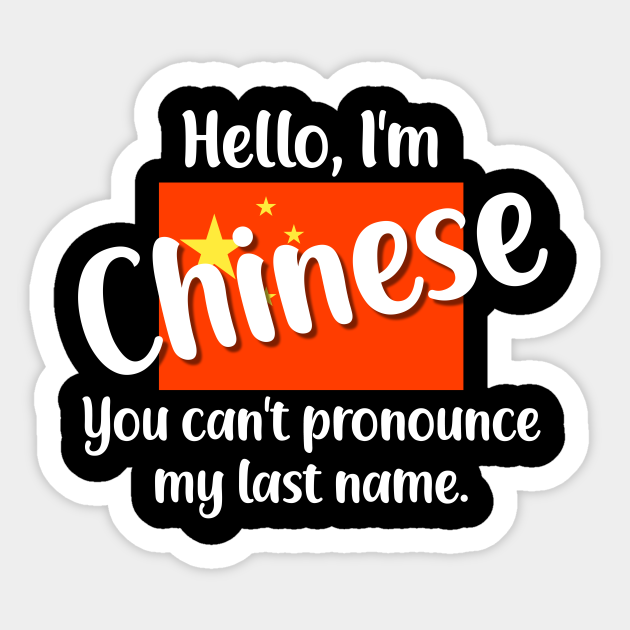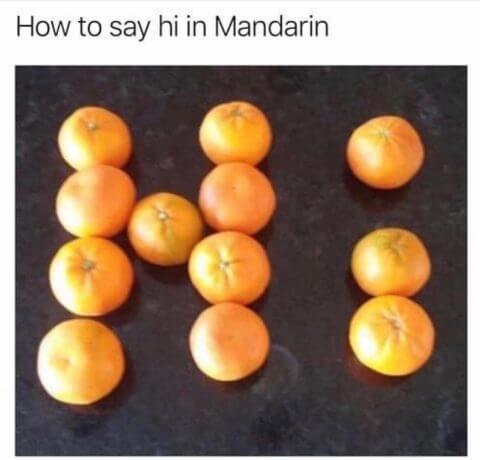
Undoubtedly, most English speakers just say "hi" when they get the phone. In China, nevertheless, it sounds odd to address the phone by stating (nho). Rather, the majority of people address the phone by saying (wi). Normally, they put extra focus on this character's increasing tone, pronouncing it like a single-word concern.
However, it sounds more natural to say (wi, nho) than to just state by itself. Keep in mind that many dictionaries present 2 different entries for, one with an increasing tone (wi) and one with a falling tone (wi). When pronounced with a falling tone, can often serve as an interjection utilized to get other individuals's attention.

Because context, it's noticable with an increasing tone. The more ways to say "hi" in Chinese that you understand, the more comfortable you'll feel engaging in daily interactions while living in China. Starting students of Chinese are in some cases taught that "?" (N ch le ma?) which indicates "Have you eaten?," is a common greeting in China.

Today, it's rather outdated, and it's more typical to hear it from older individuals, particularly those residing in the countryside or in smaller towns. Youths are very not likely to welcome each other by doing this. In fact, saying this to anybody other than members of the older generations sounds a bit weird in contemporary China.


Contrary to what lots of may think, this greeting is not indicated as an invitation to a meal. It's just a respectful thing to say. Therefore, even if you haven't actually consumed anything, it's typically easier to reply "?" (Ch le, n ne?), which indicates, "I've consumed, and you?" If you address that you haven't eaten anything yet, you'll put the person who welcomed you in an awkward scenario.
Bear in mind that this greeting is not normally used upon the first meeting. Typically, you'll only be asked this by individuals with whom you're currently rather familiar., or "hi" in pnyn, is an informal greeting used by young individuals in urban locations to greet pals and other individuals around their age.